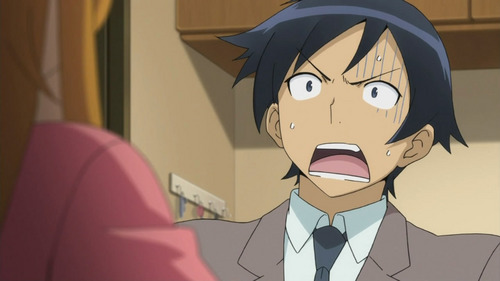
How many anime have you watched or manga you’ve read where the female characters dote on the male protagonist? You often see women argue over who is going to care for the guy in harem and other romance stories. For example, in Oreimo Kyosuke is forced to live alone so he can focus on his mock exams. During the house-warming party, all the women in his life argue over who is going to cook and clean for him. They worried that he would do nothing but eat convenience store food. Scenarios like this appear quite often, in part, because of the options for relationship conflicts they offer and because of male wish fulfillment. Much of the male demographics these stories target fantasize about so many cute women arguing over them.
But these stories also have cultural roots. You can’t study Japanese culture without running into traditional expressions of affection: namely cooking and cleaning for a guy you like. You see this appear even in folklore, and this idea sits at the trope of bento-making in high school dramas. Interestingly, these ideas are alive and well in conservative America too. Where I live, it is common for men to be as helpless as anime and manga protagonists. In fact, I often receive comments from people with how I cook and keep a tidy house. To me, this seems like the bare minimum for adulting.
Let me share a few anecdotes from my family to give you some more examples of real-life animeisms. During family get-togethers, the women take care of all the cooking and make sure all the men are served first. The practice has always made me uncomfortable, if I’m honest. During Easter, when I didn’t line up with all my uncles and cousins, my aunt–who handles most of the cooking–handed me a plate and told me “Men eat first” with a smile. For her, it’s the most natural thing in the world. While the practice isn’t wrong, in the moment, it made me feel uncomfortable and also reminded me of traditional practices, not only from Japan, but other literature I’ve read.

In another family dinner, I sat with my aunts–the men usually gather around the TV to watch sports, which bore me. As usual conversation drifted to my uncles’ antics. One aunt said, “I put an orange in his bucket (lunch box), and he brought it back because it was unpeeled.” My other aunt chuckled and said, “I had that happen too.” I must have had a look on my face because everyone turned to me. I said, “Why didn’t he just peel it? It’s not hard.” They all laughed at me. “That’s just how it is,” they said.
Now, I don’t share this to bash my uncles. Rather, I’m pointing out how the scenarios anime and manga create have real-life precedents. Conversely, I know many women who don’t know how to cook–I handled most the cooking when I dated. So again, animeisms aren’t too far off the mark. However, this traditional expression of love creates learned helplessness in men. You often see this in anime. When I watch such scenarios I can’t help but think, and sometimes mutter, “Do it yourself, dude.”
This tradition leads to men learning helplessness. Men fail to learn how to cook, clean, wash laundry, and do other so-called feminine tasks that are necessary for every day living. Many anime protagonists can’t even put their trash in a garbage can nor put dirty clothes in a hamper. Sadly, this is realistic. Japan has a proverb that encapsulates this learned helplessness: “Widows bear flowers, widowers breed maggots.” In other words, widows keep themselves clean and attractive while widowers live slovenly.
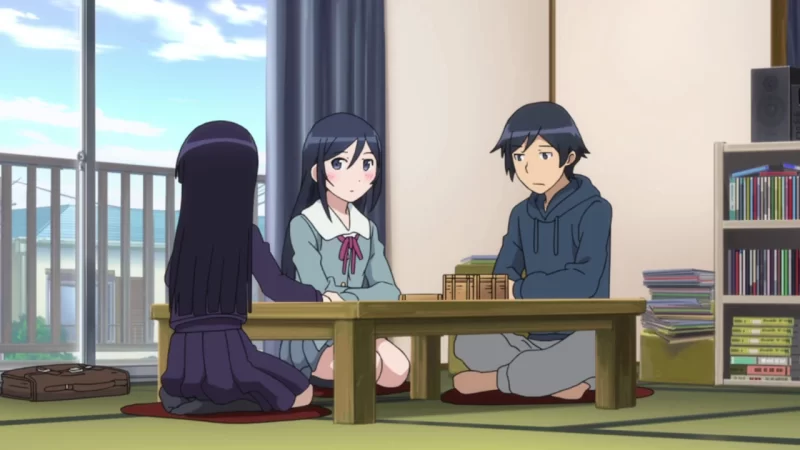
Now, I’m not blaming women for this learned helplessness. This problem falls on men for not taking care of themselves at the most basic levels. There’s no excuse for it, exempting mobility disabilities. This learned helplessness makes men infantile. Some men consider themselves above “women’s work”. Anime and manga indirectly conveys this message which still circulates in both Japanese and American culture. Breeding maggots and cockroaches because you don’t have a woman to take care of you isn’t manly. It’s laziness and foolishness. It’s failing to live your best life.
There’s nothing wrong with someone wanting to cook or clean as an expression of their love. The practice of making a bento lunch for a romantic interest is charming, so too cooking a good dinner. But when this means your love won’t even peel an orange, you do a disservice. Many male anime protagonists fall into this helpless category. Men, too, can make bento and clean and wash laundry as an expression of affection. I’m pleased when I watch an anime where that happens!
The Take Aways
A mature man needs to take care of himself: cook, clean, wash laundry. There’s nothing wrong with using these to express affection, but it shouldn’t be one-sided. The cultural tradition of “women’s work” remains strong in both the US and Japan. Gender has little to do with the tasks. In Oreimo, Kyosuke had time to cook and clean for himself. Time, not gender, ought to determine how workloads are shared. It’s only logical that the person who spends the the most time at home ought to handle most–but not all!–the household chores. Anime and manga would do well to make egalitarian work distribution more common to their stories. Writers are leaving fun and charming scenarios on the table.
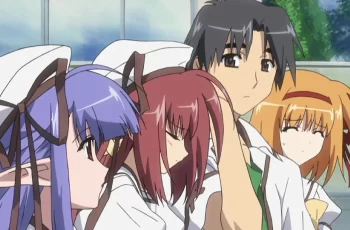
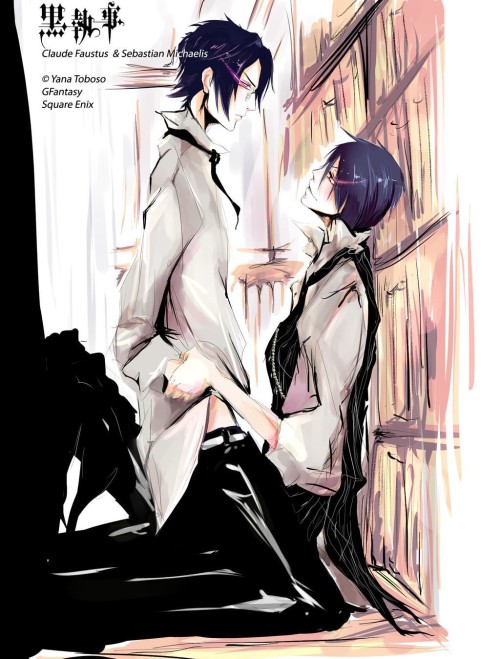

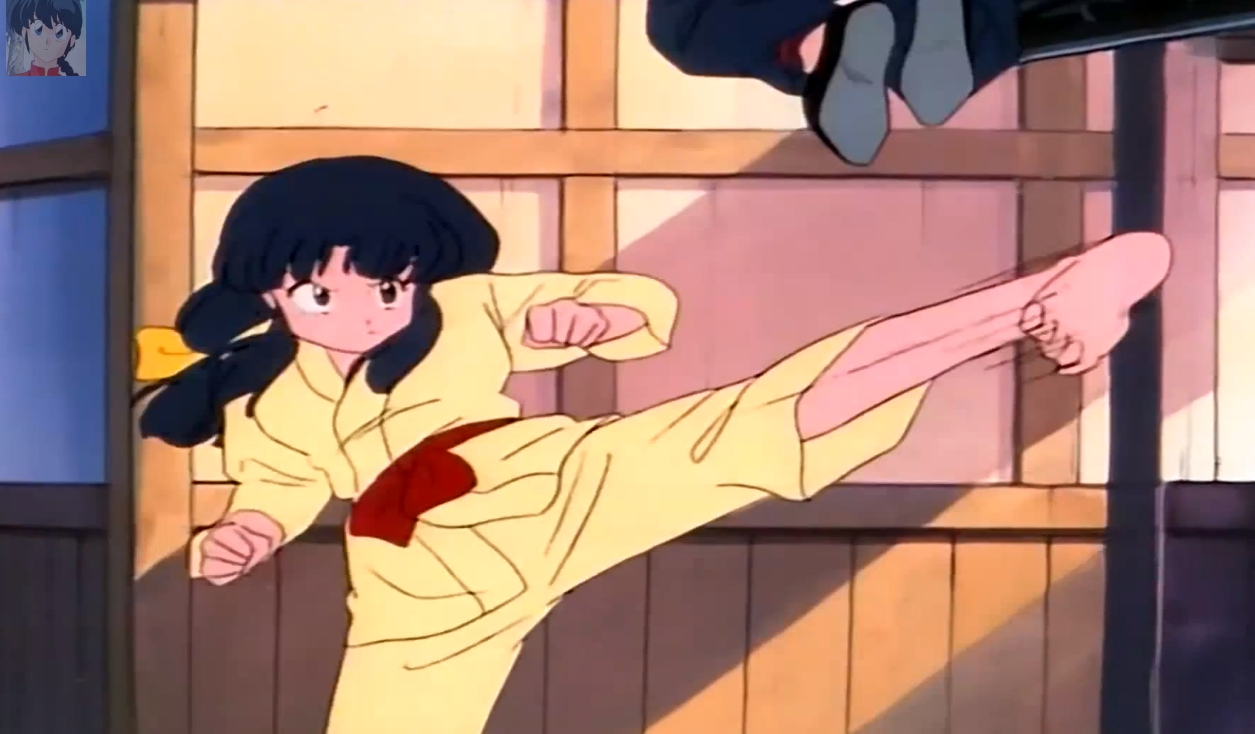
Great article on this. I grew up in Japan for the first part of my life (I’m American and my dad was US military but we lived off base) and i saw a lot of this with Japanese friends and their family. I honestly never knew this was considered weird until I came back to the United States.
I’ve seen this learned helplessness among Chinese guys too. Interestingly, in the cases I see, the grandmother often is the one who encourages this learned helplessness.
This article makes a thought-provoking observation about the portrayal of male protagonists in anime and manga, highlighting the prevalence of scenarios where female characters dote on and care for the male lead. It’s intriguing to see how these depictions, rooted in traditional expressions of affection, extend beyond fiction into real-life cultural practices.
The personal anecdotes shared by the author, especially regarding family gatherings and traditional gender roles, resonate with my own experiences and observations. It’s true that these scenarios have real-life precedents, and they do raise questions about learned helplessness in men when it comes to tasks traditionally associated with women.
The article’s emphasis on the importance of men taking care of themselves and actively participating in household chores is a crucial message. It’s a reminder that expressions of affection should be mutual and that gender should not dictate who does what in the home.
Overall, I agree with the article’s call for more egalitarian work distribution in anime and manga narratives. It’s an opportunity for these stories to reflect a more balanced and modern perspective on relationships and household responsibilities.
Thank you for the comment! We can only hope anime and manga will start to play with these balanced narratives. There’s a lot of jokes and other fun to explore.